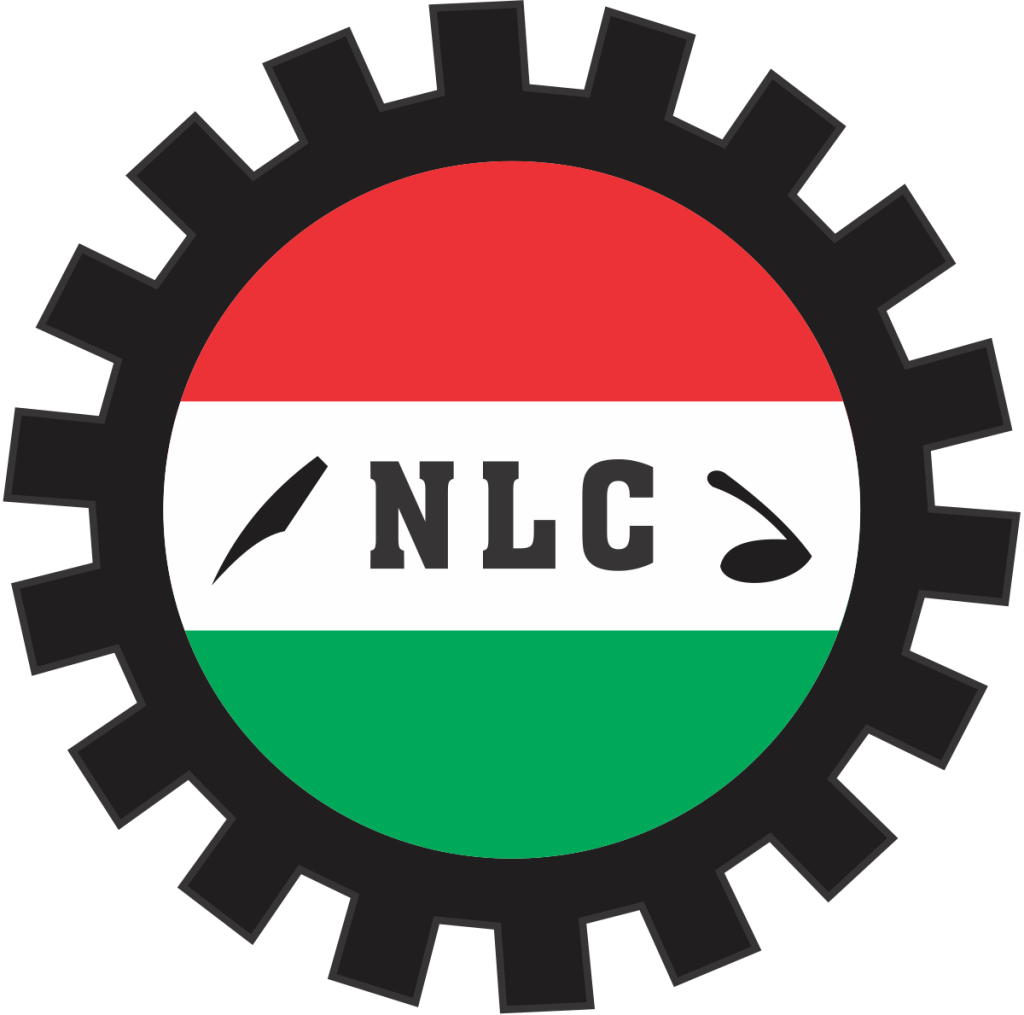The Federal Government has urged the labour unions, to negotiate a new minimum wage that would not lead to mass retrenchment of workers, or jeopardise the welfare of about 200 million Nigerians.
The Minister of Information and National Orientation, Mohammed Idris, while speaking at the opening of the 2024 Synod of the Charismatic Bishops Conference of Nigeria in Abuja on Wednesday, noted that the ₦250,000 minimum wage demanded by labour, could undermine the economy.
This is as the labour unions refuted President Bola Tinubu’s claims during his Democracy Day broadcast on Wednesday, that an agreement had been reached on the new national minimum wage.
Acting President of the Nigeria Labour Congress, Prince Adewale Adeyanju, while attending an International Labour Organisation conference in Geneva, Switzerland, said as of the time negotiations ended on June 7, no agreement had been reached by the Tripartite Committee on the National Minimum Wage.
“The NLC would have expected that the advisers of the President would have told him that we neither reached any agreement with the federal government and the employers on the base figure for a National Minimum Wage nor on its other components,” the NLC said in a statement by Adewale Adeyanju standing in for Joe Ajaero who is in Geneva, Switzerland, for the ILO Conference.
“Our demand still remains ₦250,000 (two hundred and fifty thousand Naira) only and we have not been given any compelling reasons to change this position which we consider a great concession by Nigerian workers during the tripartite negotiation process.”
The NLC said it had not reached any agreement with the Federal Government on a new minimum wage.
According to the union, it had not received a copy of the document on a new minimum wage submitted to Tinubu.
“We are therefore surprised at the submission of Mr. President over a supposed agreement. We believe that he may have been misled into believing that there was an agreement with the NLC and TUC,” he said.
“There was none and it is important that we let the President, Nigerians, and other national stakeholders understand this immediately to avoid a mix-up in the ongoing conversation around the national minimum wage. We have also not seen a copy of the document submitted to him and will not accept any doctored document.”
The NLC maintained its stance on not accepting “any national minimum wage figure that approximates to a starvation wage”.
“We cannot be working and yet remain in abject poverty. We seek justice, equity, and fairness for all Nigerians and this we hope would also drive the actions of Mr. President who promised a Living Wage to Nigerian workers. This is an opportunity to show that he listens to Nigerians as he promised!” NLC’s statement read.
Tinubu drew the anger of the unions after stating that his administration would soon submit an executive bill to the National Assembly to codify the agreements reached in the minimum wage negotiations between Labour, the private sector, the states and the Federal Government.
The parties had engaged in prolonged talks for weeks with the unions insisting on 250,000 minimum wage while the Federal Government and the Organised Private Sector offered ₦62,000.
However, the state governors said they would not be able to sustain any minimum wage higher than ₦60,000.
Dismissing the offers made by the Federal Government and the OPS, the labour unions said they would not negotiate what they described as ‘starvation wage.’
But speaking at the opening of the 2024 Synod of the Charismatic Bishops Conference of Nigeria in Abuja on Wednesday, the information minister emphasised the imperative of a realistic wage system that safeguards against mass retrenchment while addressing workers’ needs.
Idris restated the government’s dedication to reassessing the minimum wage but cautioned against demands that could disrupt the economy.
He stated, “As I have repeatedly said, the Federal Government is not opposed to the increase of wages for Nigerian workers but we keep on advocating for a realistic and sustainable wage system for the workers – a wage system that will not undermine the economy, lead to mass retrenchment of workers and jeopardise the welfare of about 200 million Nigerians.
“We want the labour unions to understand that the relief that Nigerians are expecting, and that they fully deserve, will not come only in the form of an increase in wages.”
“It will also come as efforts to reduce the cost of living and to ensure that more money stays in the pockets of Nigerians. And this is where programs like the Presidential CNG initiative come in. That program alone, by replacing or complementing petrol usage with CNG, will cut transportation costs by as much as 50 per cent.”(Channels TV).
READ ALSO:
- UCL: Lookman Scores 4th Goal In Atalanta’s Big Win
- Tinubu to Ogoni people: Let’s set aside historical grievances, work together
- TikTok ban: Trump gives 75-day grace period
- BREAKING: Police Free Speed Darlington After 2 months In Custody
- Europa League: Osimhen Nets In Galatasaray’s Draw Against Dynamo Kiev


